Daiva Dasakam: The Universal Prayer
Is there a God? Is this world real, or is it only a shadow? Does human life have any purpose? To all these questions, different answers can be given from different points of view. In the animals of the forest, the fish of the sea and in the vegetative world, we see one and the same life. It is not different from human life. To exist, to be horn, to grow, to change, to decay and finally to perish is the common lot of all living organisms. In that, man is not different from a worm. To say that our life has a greater meaning than that of a blade of grass does not have much pertinence on the biological level. Although nature has not given any special goal to human life, man can propose a goal for himself. He can make his life purposive by developing his own life-philosophy. Family life, national life, social life – all these are upheld as human history. These are as real as the physical world in which we live. However, these institutions are all built on traditional concepts and mere ideas, which came from human minds. Social contracts to which man submits himself, and international conventions to which nations agree, are all born of the human mind. They are mere ideas. Thus, in our world, facts and ideas stand on a par in terms of their influence on our lives. According to the Indian tradition, it is believed that man has four main goals in life. They are dharma, acquiring righteousness; artha, earning livelihood; kama, fulfilling desires; and moksa, attaining realization. Of these four, realization is considered to be the final goal of life. For this reason, it is called paramapurusartha. Devotion is considered to be the best of all tools for realization. In Sankara’s great work Vivekacudamani, he says that of all the instruments for realization, nothing is more efficient than bhakti or devotion. In Narayana Guru’s Darsana Mala, also bhakti is given a very high place. The realization that one gains by resorting to bhakti has five aspects. They are: saranagati, surrendering oneself absolutely to the Divine; stuti, praising the Absolute or praising God; dhyathru dheya parasparya, cultivating a bipolarity between the meditating person and that which is meditated upon, as for instance in the a bipolarity between man and God. The fourth is arthana, praying, making requests. The final one is santi, the peace that one gets by disciplining oneself this way. Thus, is is called pancanga laksana, a devotion which has five characteristic marks. Panca means five; anga means limbs; laksana means marks. Daiva Dasakam is a prayer which has all these five principles implied in it. Out of compassion, Narayana Guru composed this prayer for his disciples. Nowadays, in the morning and evening hours, one can hear this prayer being recited in many homes in South India. Narayana Guru is a prophet of this new age in which science and the freedom of man have become of great importance to mankind. In this prayer, he has kept his thought as close as possible to the language of modern man. He does not parochially limit his concepts to any particular place or time. The Guru is part of the traditional hierarchy of Vyasa, Suka, Yajnavalkya and the other great Gurus of the Upanisadic tradition. For this present commentary, I am indebted to my guru, Nataraja Guru. I am grateful to him for the grace which he is always showering upon me.
Get it now and save 10%
BECOME A MEMBER

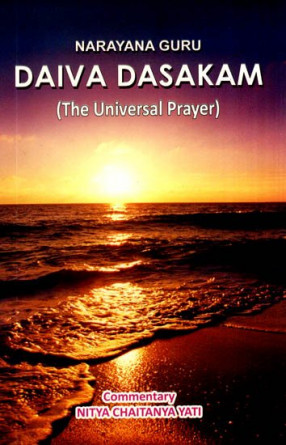
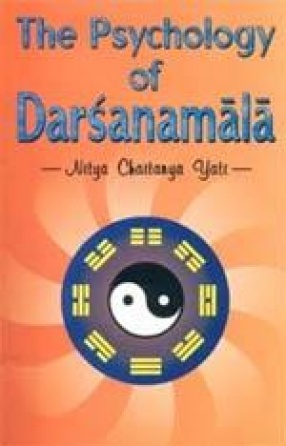
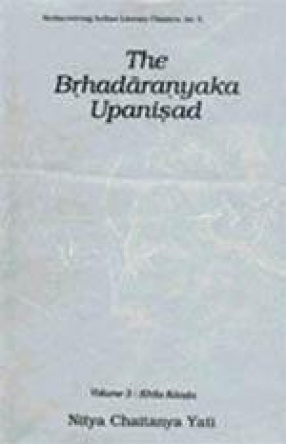
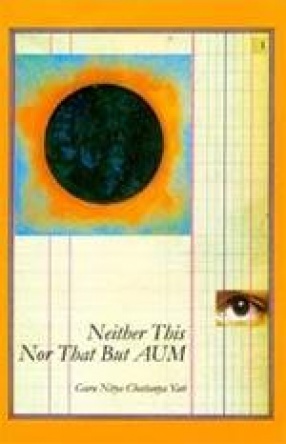

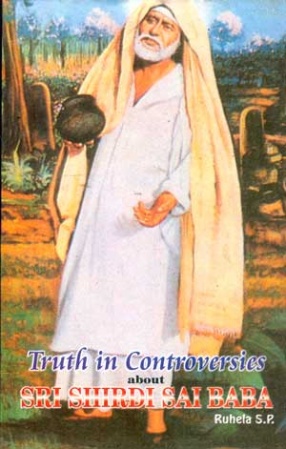

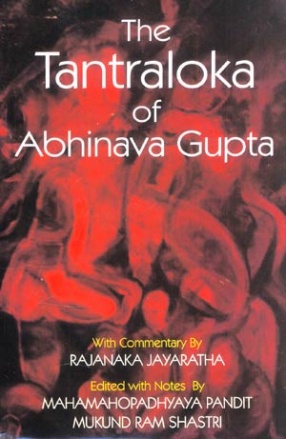


Bibliographic information